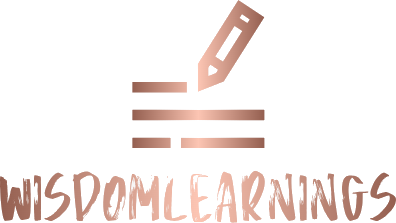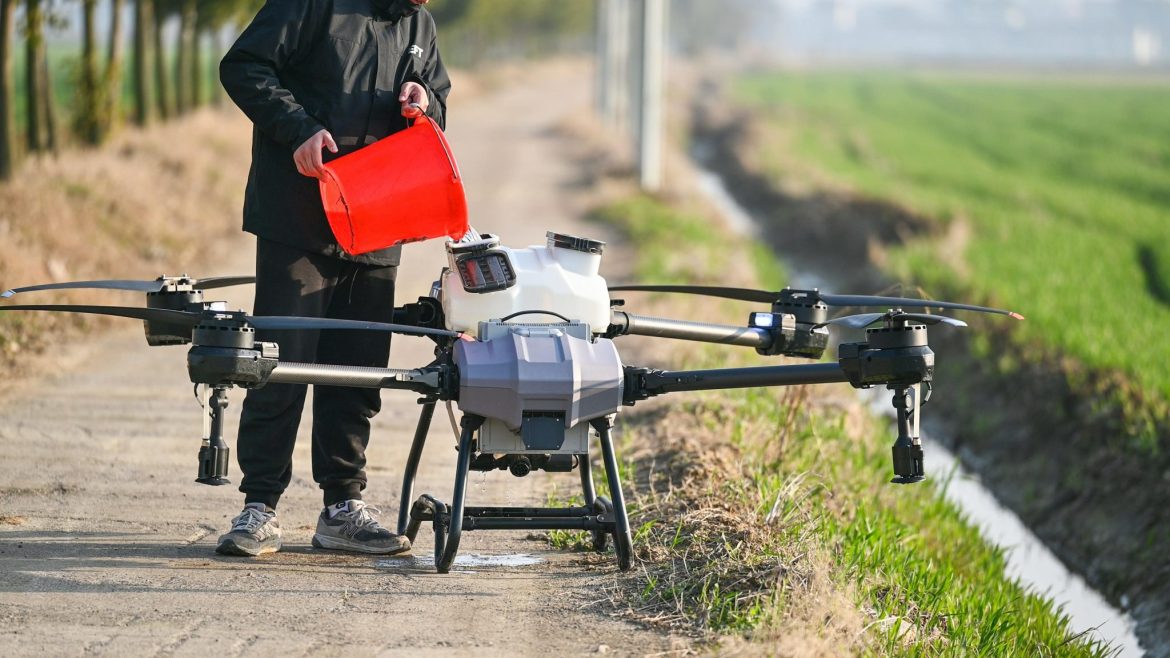Table of Contents
Artificial Intelligence (AI) is reshaping the food industry, from agriculture and production to distribution and consumer experience. This article explores the applications, benefits, challenges, and future implications of AI in transforming how we grow, produce, and consume food.
AI in Agriculture
1. Precision Farming: AI-powered sensors, drones, and IoT devices enable precision agriculture, optimizing crop management, irrigation, and pest control to maximize yields while minimizing resource use.
2. Crop Monitoring: AI algorithms analyze satellite imagery and sensor data to monitor crop health, detect diseases early, and prescribe targeted treatments, improving farm productivity and sustainability.
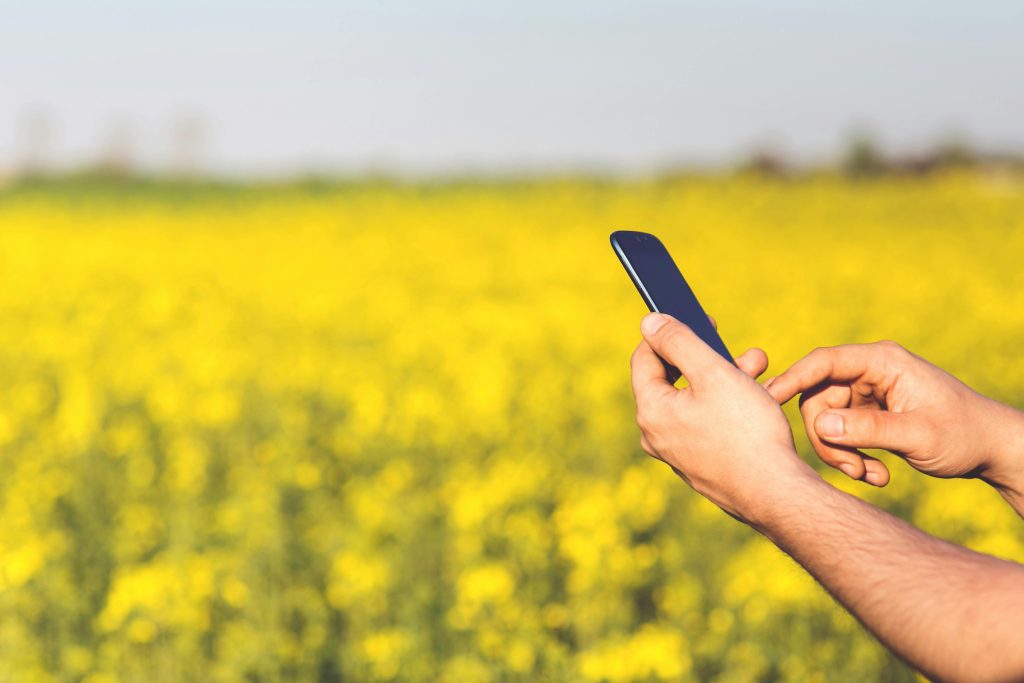
AI in Food Production
1. Quality Control: AI-driven systems enhance quality assurance in food processing plants by detecting contaminants, ensuring compliance with safety standards, and minimizing food waste through predictive maintenance.
2. Automation: Robotics and machine learning automate repetitive tasks in food manufacturing, such as packaging, sorting, and assembly, improving efficiency, reducing labor costs, and maintaining consistency.
AI in Supply Chain Management
1. Predictive Analytics: AI analyzes data from supply chain networks to predict demand fluctuations, optimize inventory levels, and streamline logistics operations for timely delivery and reduced waste.
2. Traceability: Blockchain combined with AI enables end-to-end traceability of food products, enhancing transparency, authenticity, and food safety from farm to fork.
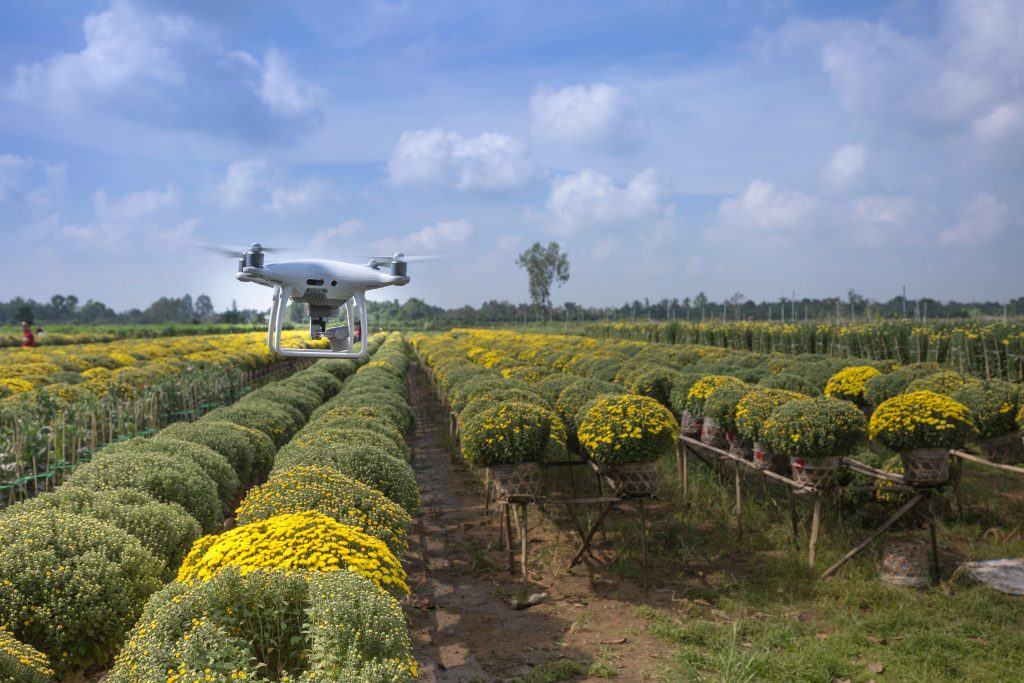
AI in Consumer Experience
1. Personalized Nutrition: AI algorithms analyze dietary preferences, health data, and genetic profiles to offer personalized nutrition recommendations and meal plans tailored to individual needs.
2. Smart Appliances: AI-powered kitchen appliances and smart devices automate cooking processes, suggest recipes based on available ingredients, and monitor food freshness to minimize waste.
Challenges and Ethical Considerations
1. Data Privacy: Concerns over data privacy and security arise with the collection and use of personal health data for AI-driven nutrition recommendations and consumer profiling.
2. Job Displacement: Automation in food production and delivery may lead to job displacement, necessitating workforce reskilling and adaptation to new roles in AI-driven industries.
Future Trends and Innovations
1. AI in Food Safety: Advanced AI systems continue to enhance food safety measures, detect foodborne illnesses early, and ensure compliance with regulatory standards across global supply chains.
2. Sustainable Agriculture: AI supports sustainable farming practices by optimizing water usage, reducing chemical inputs, and promoting biodiversity conservation for resilient agricultural ecosystems.
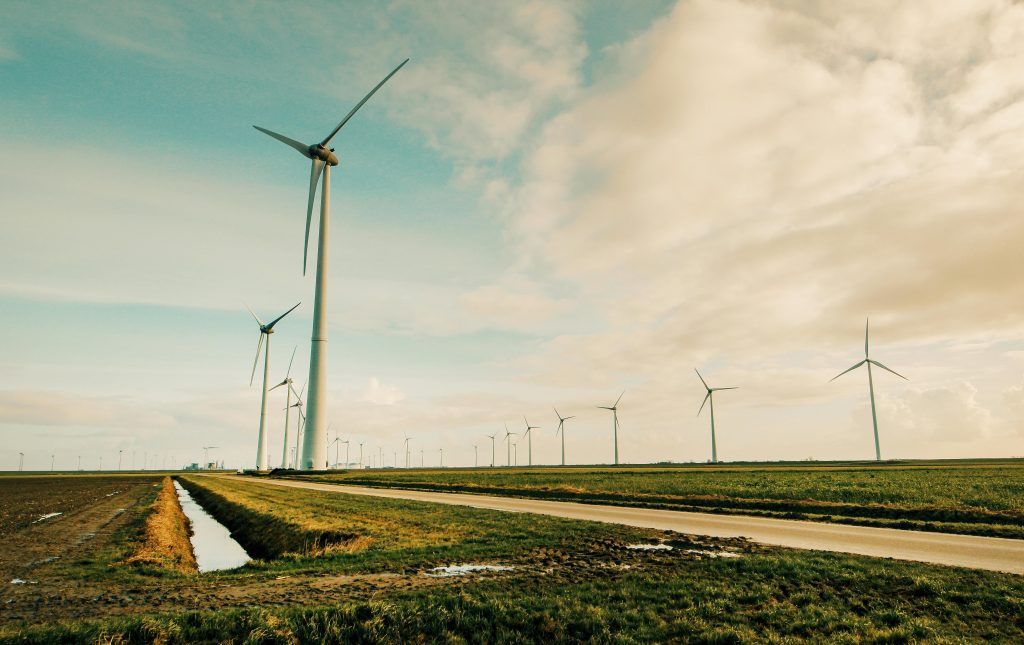
Conclusion
AI is revolutionizing the food industry by enabling smarter farming practices, enhancing food production efficiency, optimizing supply chain logistics, and personalizing consumer experiences. As technology evolves and adoption increases, the integration of AI-driven solutions will continue to drive innovation, improve food security, and shape the future of sustainable food systems worldwide.
